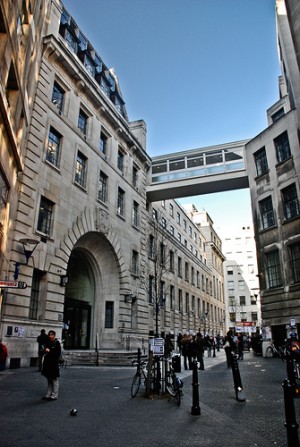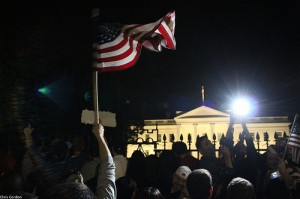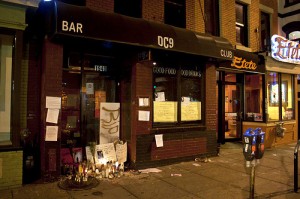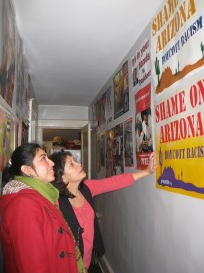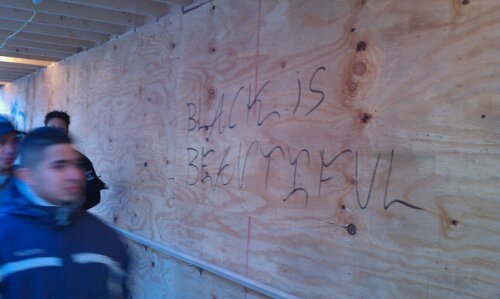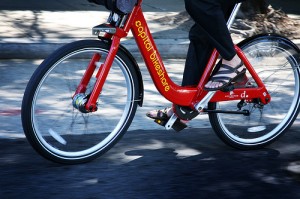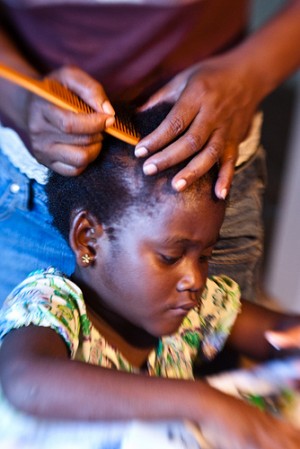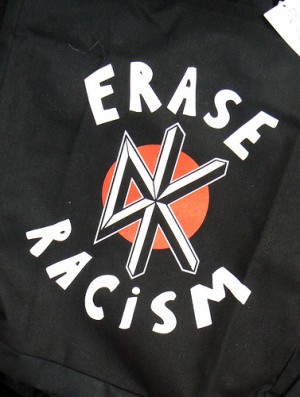In May of this year, Satoshi Kanazawa, an evolutionary psychologist at the London School of Economics penned a controversial blog post for Psychology Today asking, “Why are Black Women Less Physically Attractive Than Other Women?” Kanazawa was widely condemned for his views and Psychology today removed his post from their site, then fired him.
Meanwhile, students at the London School of Economics called for Kanazawa’s dismissal. According to Racialicious, which published an update to Kanazawa’s situation, the students didn’t get the outcome for which they were hoping:
The LSE has now published the findings of an internal investigation into the affair, ruling that Dr Kanazawa had “brought the school into disrepute” and barring him from publishing in non-peer-reviewed outlets for a year.
The inquiry, details of which were released to staff on 15 September, also concludes that he had “ignored the basic responsibility of a scientific communicator to qualify claims made in proportion to the certainty of the evidence”.
It found that “some of the arguments used…were flawed and not supported by evidence, that an error was made in publishing the blog post” and that Dr Kanazawa had not given “due consideration to his approach or audience”.
In addition to the 12-month ban, he will not teach any compulsory courses this academic year.
Racialicious’ Andrea Plaid characterized this reaction as a “slap on the wrist.” What do you think?



